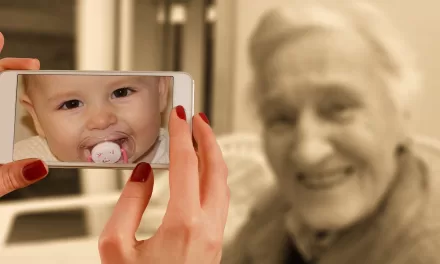- PMID: 36599485
- DOI: 10.1136/military-2022-002237
Abstract
Introduction: Optimal mental state and physical fitness are crucial factors affecting training of military personnel. Incorporating components aimed at improving mental status and physical composition of soldiers into training programmes can lead to better outcomes. Previously, cold exposure has been used to promote human health in multiple ways, with a plethora of reported benefits. Thus, the aim of this study was to examine the effect of regular cold exposure on the psychological status and physical composition of healthy young soldiers in the Czech Army.
Methods: A total of 49 (male and female) soldiers aged 19-30 years were randomly assigned to one of the two groups (intervention and control). The participants regularly underwent cold exposure for 8 weeks, in outdoor and indoor environments. Life Satisfaction Questionnaire and InBody 770 device were used to evaluate life satisfaction and body composition, respectively. Zung Self-Rating Anxiety Scale was used to assess anxiety produced by cold exposure.
Results: Theoretical and practical training in cold immersion in the winter did not induce anxiety. Regular cold exposure led to a significant (p=0.045) increase of 6.2% in self-perceived sexual satisfaction compared with the pre-exposure measurements. Furthermore, considerable increase (6.3% compared with the pre-exposure period) was observed in self-perceived health satisfaction; the change was borderline significant (p=0.052). In men, there was a reduction in waist circumference (1.3%, p=0.029) and abdominal fat (5.5%, p=0.042). Systematic exposure to cold significantly lowered perceived anxiety in the entire test group (p=0.032).
Conclusions: Cold water exposure can be recommended as an addition to routine military training regimens. Regular exposure positively impacts mental status and physical composition, which may contribute to the higher psychological resilience. Additionally, cold exposure as a part of military training is most likely to reduce anxiety among soldiers.
Keywords: MEDICAL EDUCATION & TRAINING; MENTAL HEALTH; PUBLIC HEALTH.
© Author(s) (or their employer(s)) 2023. No commercial re-use. See rights and permissions. Published by BMJ.
Conflict of interest statement
Competing interests: None declared.
Source: https://pubmed.ncbi.nlm.nih.gov/36599485/












